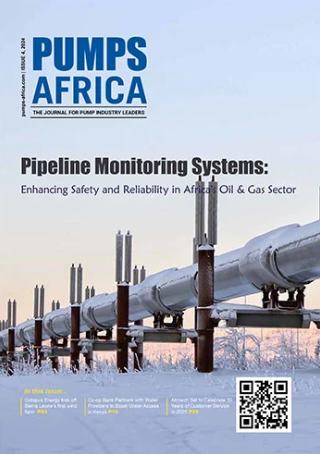Mali is set to receive a sum of US $100M from the International Development Association (IDA) to implement the Mali Water Security Support Project (PASEMa), aiming to enhance access to drinking water and protect water resources in Mali.
The initiative will focus on urban and rural areas, directly benefiting approximately 500,000 people, including women (50%) and youth (19.2%). In Bamako there will be construction of water transfer systems between Djikoroni-Para, Missira, and Kati-Sud, along with a pumping station at Missira and a 2,000 m³ water tower. Additional household connections to the water network are planned.
Secondary Cities such as Mopti/Sévaré, San, Ouélessébougou, Dioila, Bafoulabé/Mahina will have development of water supply systems capable of delivering 24,000 m³ of water daily. Infrastructure includes production facilities, pumping stations, water towers, reservoirs, distribution networks, household connections, and public water points.
READ: Morocco to construct 990MW gas-fired power plant
Sustainable water supply
The project will also involve acquisition of leak detection equipment to minimize water loss and operational costs. Upgraded water distribution networks will enhance the quality and reliability of services.
PASEMa will support the development of perimeters to protect water sources located in the Niger and Senegal River basins and supplying the selected cities solutions to ensure sustainable water supply and ecosystem health. Restoration activities will benefit 30,000 rural residents near project sites.
The project will directly benefit 227,000 individuals gaining access to at least basic water services. It will also improve service quality for 270,000 people. Clara de Sousa, the World Bank Country Director for Mali, emphasized the importance of prioritizing water source preservation while addressing immediate water access challenges, ensuring a sustainable and resilient approach to water security.







